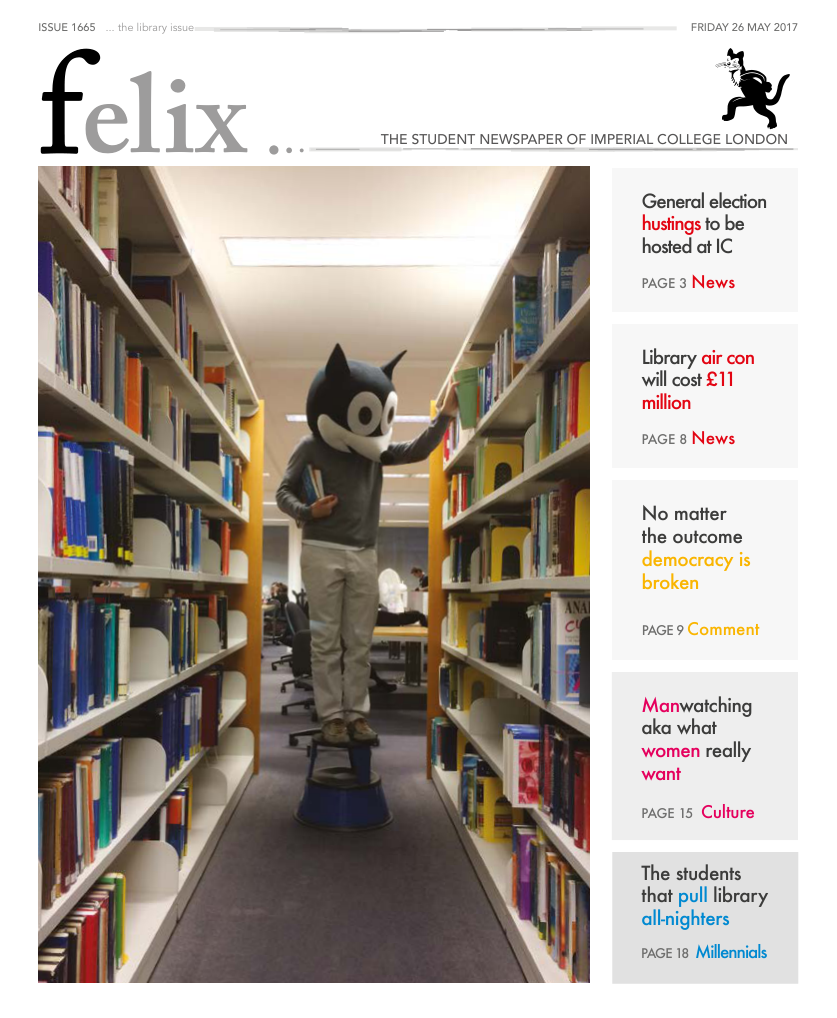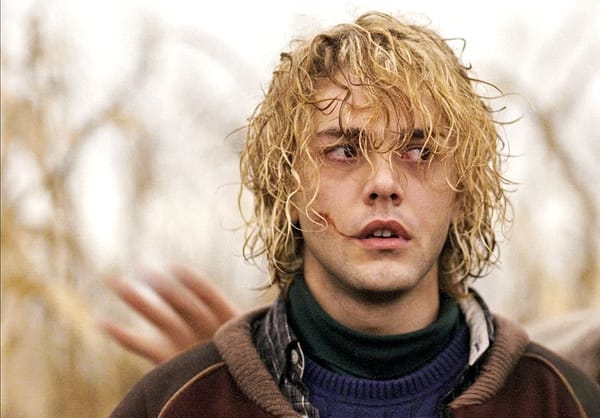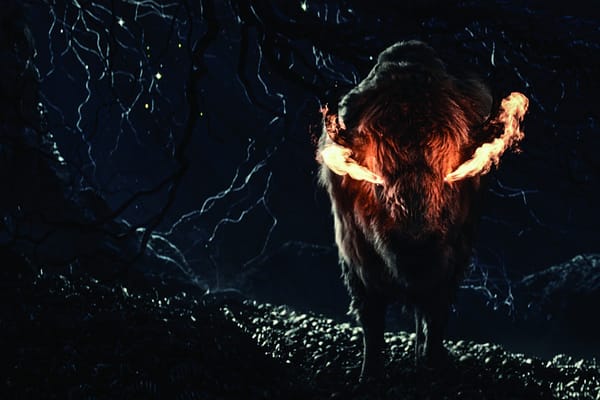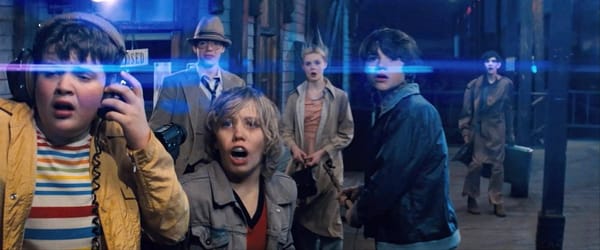Course Correction | Doctor Who
So far so good
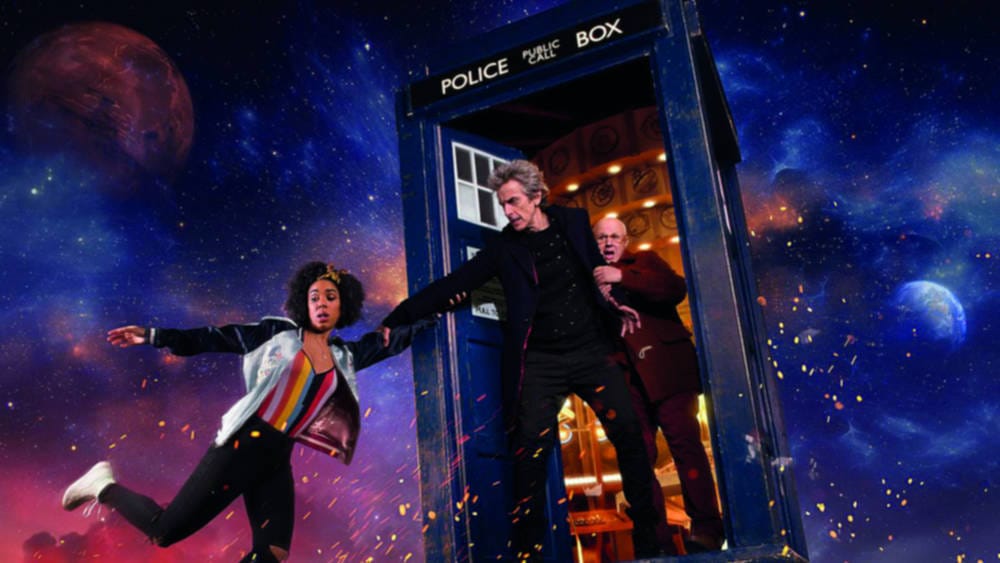
Halfway into the latest season of Doctor Who, set to be Peter Capaldi and showrunner Steven Moffat’s last, we have yet to be disappointed. After a rocky few seasons, the show began to show signs of recovery with last Christmas’ delightful, superhero themed fix. The first six episodes of series ten have continued this upward trend, with new companion Bill proving to be quite a highlight, and Capaldi being allowed to flourish.
Finally, we get to see Capaldi’s Doctor come together in a coherent way. Moffat has now established a firm grip on the 12th Doctor’s personality; rough around the edges, but not unkind or mean-spirited as he often seemed in previous series. This Doctor is now more of a Fagin or Willy Wonka figure. It’s just a shame that this shift in characterisation comes just as Capaldi is set to leave. The unique choice to make our protagonist blind, albeit we can infer temporarily, also affords Peter Capaldi the opportunity to flex his acting muscle.
In fact, one must commend Moffat on the choice to seemingly make the Doctor’s blindness a running plot point. Given that the show’s long history, it always runs the risk of repeating itself. This new development, however, offers a range of intriguing narrative possibilities to the writers. Whether or not these are seized fully, remains to be seen. So far, at least, it has been used in interesting ways.
Another welcome change is the fresh dynamic between Doctor and companion. Over the past half-decade or so, viewers have grown increasingly frustrated by Moffat’s need to make female companions fawn romantically over our lead. Thankfully, this season instead opts for a much more interesting student-teacher dynamic. This actually calls back to earlier Doctors, and returns the show to its roots somewhat. Still, it is a dynamic we have seen far too little of since the series’ revival, and so offers a necessary reprieve from the constant lovesickness Doctor Who has taken to wallowing in recently. This treatment enhances the Doctor’s larger than life nature, and makes the audience too feel like they’re along for the TARDIS ride.
Central to the success of this new dynamic, of course, is the new companion, Bill. Pearl Mackie’s turn as the Doctor’s latest accompaniment is a tour-de-force. Mackie brings a youthful energy, and refreshing perspective to the show that, in retrospect, it had really been lacking. It helps that she feels more grounded and self-aware than some previous companions. Also worth noting is that Bill Potts is the Doctor’s first openly gay companion. Here, again, Steven Moffat deserves credit, as her sexuality is handled with relative grace and poise. While it is certainly commented upon periodically, it does not ever feel like an afterthought or a tokenisation. Bill’s love life is treated with as much respect and comedy as previous companions’.
Another of the strengths of this season is that each episode is relatively self-contained, and there doesn’t yet seem to be the sort of overuse of continuity that had become endemic of the last few years. The decision to use new monsters of the week keeps things exciting, and also solves the power creep problem for classic villains by using them sparingly. Additionally, while the plots in the season so far have been relatively straight forward, they have been exceedingly well executed. This excuses much of the, admittedly inevitable, recycling of villain concepts, too. Subtle variations also help this; zombies become Capitalist Space Zombies. Worth special mention is David Suchet’s unnerving appearance as The Landlord.
Naturally, the season hasn’t been without its faults. Mostly the typical issues that plague Who, a bit too much cheese here and there, and obvious twists. A commendable exception to the latter trend however, was found in the season’s sixth episode, ‘Extremis’. The episode’s A-plot was very unique as far as concepts explored in Doctor Who go, and its genuinely bleak moments were sobering. This is all despite the tenuously linked, although quite well acted and funny, segments with the Master. There is a risk that as we flow into the second half of the season with this plotline, we will once again fall into the trap of circle-jerking continuity too hard. However, despite it seemingly being the main plotline for the current season, Moffat has managed to keep it appropriately restrained.
This season has been a noticeable improvement compared to the last few, and I actually look forward to watching new episodes of Who again. I hope this trend continues through the back half of the season. I only wish Capaldi could have been allowed to settle into this very comfortable groove earlier. If only we could turn back time.

